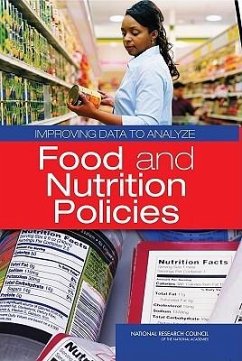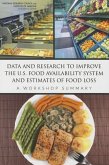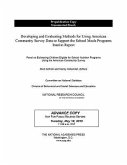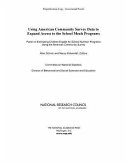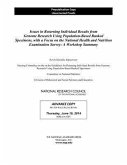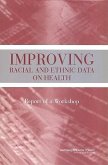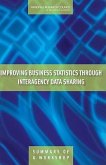Several changes in the United States over the past two decades have implications for diet, nutrition, and food safety, including patterns of food consumption that have produced an increase in overweight and obese Americans and threats to food safety from pathogens and bioterrorism. The changes raise a number of critical policy and research questions: How do differences in food prices and availability or in households' time resources for shopping and food preparation affect what people consume and where they eat? How do factors outside of the household, such as the availability of stores and restaurants, food preparation technology, and food marketing and labeling policies, affect what people are consuming? What effects have food assistance programs had on the nutritional quality of diets and the health of those served by the programs? Where do people buy and consume food and how does food preparation affect food safety? To address these and related questions, the Economic Research Service (ERS) of the U.S. Department of Agriculture (USDA) asked the Committee on National Statistics to convene a panel of experts to provide advice for improving the data infrastructure on food consumption and nutrition. The panel was charged to review data needs to support research and decision making for food and nutrition policies and programs in USDA and to assess the adequacy of the current data infrastructure and recommend enhancements to improve it. The primary basis for the panel's deliberations, given limited resources, was a workshop on Enhancing the Data Infrastructure in Support of Food and Nutrition Programs, Research, and Decision Making, which the panel convened on May 27-28, 2004. This report is based on the discussions at the workshop and the deliberations of the panel. The report outlines key data that are needed to better address questions related to food consumption, diet, and health; discusses the available data and some limitations of those data; and offers recommendations for improvements in those data. The panel was charged to consider USDA data needs for policy making and the focus of the report is on those needs.
Hinweis: Dieser Artikel kann nur an eine deutsche Lieferadresse ausgeliefert werden.
Hinweis: Dieser Artikel kann nur an eine deutsche Lieferadresse ausgeliefert werden.

